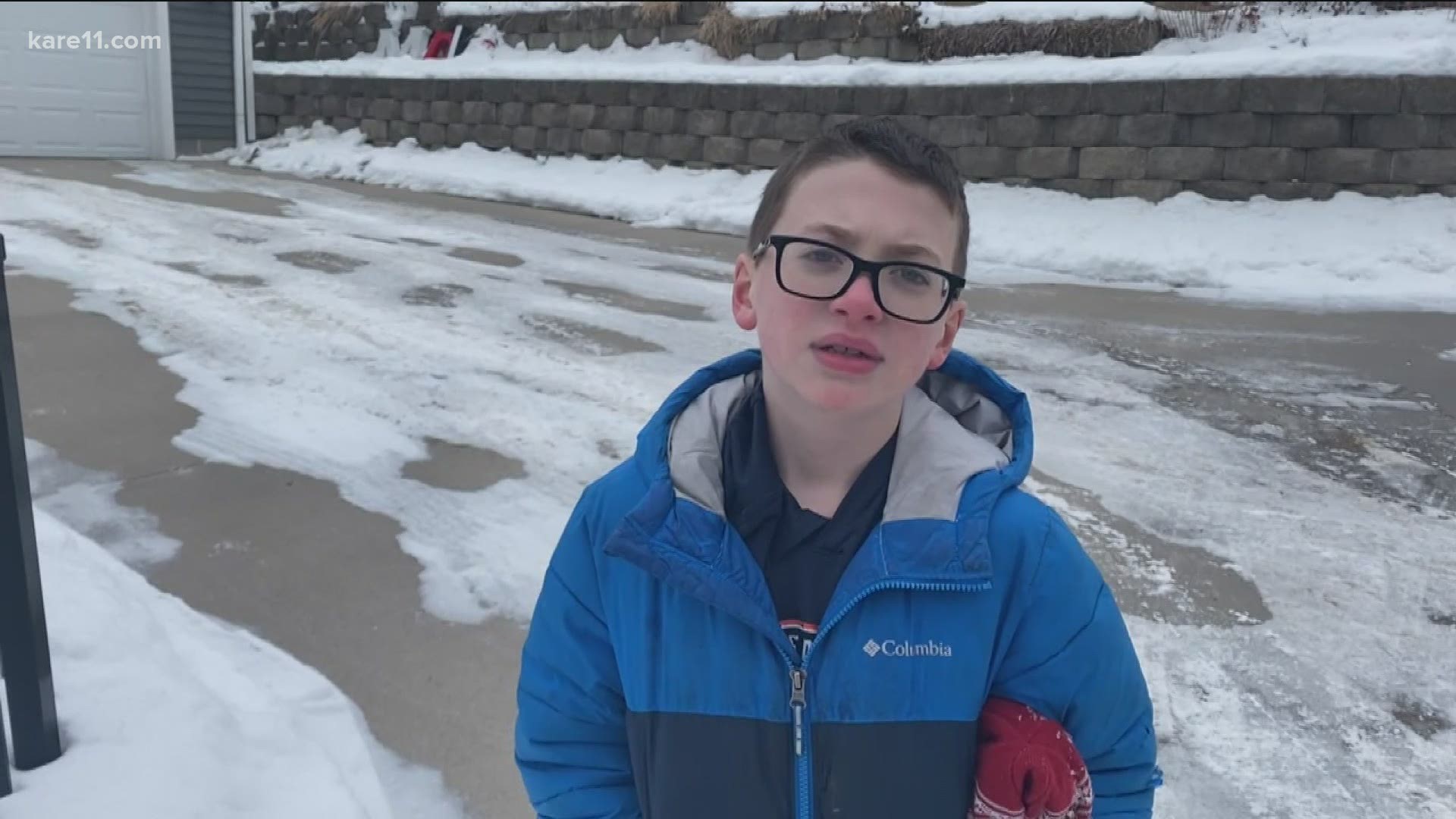MINNEAPOLIS, Minnesota — On Thursday at noon, Principal Mauri Melander Friestleben went live on North Community High School's Facebook page just like she does every school day for daily announcements.
But this time, Friestleben was addressing how pro-Trump insurrectionists broke into the U.S. Capitol the day before.
"I'm going to give you permission to give yourself permission to be a little bit off today," she said during the Facebook live.
In schools and in homes across America, these conversations are happening. So how can parents talk to their kids about it?
In a Facebook post, Friestleben recommended finding an article from a credible news source like the Associated Press.
She wrote, "Use a headline and accompanying photo for the littles. The first few paragraphs for the middles and the whole article for the bigs."
Friestleben goes on to say read it and then unpack it. What does "chaos" mean? What about "violence?"
"Then you let it sit and sense the mood for their response. Some might need to draw a picture. Or write a journal note. Or just think. But then ask them to talk. And tell them they can ask you any question. It's simple," Friestleben said.
Lindsey Seavert, a KARE 11 freelance reporter, did this exercise with her son. "How are you feeling?" she asked 9-year-old Stellan Harrison. He responded, "Very bad. He [Trump] should know better. Much better."
"I wrote to our students last night and I said, 'I'm angry, I'm sad, I'm frustrated and it's okay that you feel all of those things too.' Not that I needed to give them permission but it's okay to feel whatever you're feeling right now," said Brett Stringer, principal at South High School in Minneapolis.
South High is located right in the center of the summer's civil unrest.
Part of Stringer's Tweet to his students read, "I can't help but juxtapose today's images of white men breaching the Capitol with no force stopping them, against the images of people of color, peacefully protesting and being met with rubber bullets and mace."
The day after, Sringer said, "That's what I've been struggling with and I know that's what our students and our community is struggling with is seeing those two things so close. So many similarities in what's actually happening and then the response to it."
Stringer said he gave staff four questions to help them focus their discussions: What do you know about it? How does it make you feel? Why is this concerning? How can we support each other?
Not every kid will want to talk to about it and Stringer said that's okay.
"If we don't give students that option to hear them... then we send the message that it's not important," Stringer said.
If parents need support or guidance, Stringer recommends reaching out to their kid's school to see what resources they have available.

